The woolly mammoth was a species of large, herbivorous mammal that lived during the Pleistocene epoch. The last known individual died in 4,000 BC. Scientists are now working to bring the woolly mammoth back from extinction using a process called “de-extinction.”
Are scientists trying to bring back woolly mammoths?
Yes indeed, “Colossal Laboratories and Biosciences” is a company that intends to transform the elephants alive today into mammoths. They are of the view that de-extinction will our ecosystems from failing.
 Can wooly mammoths be brought back?
Can wooly mammoths be brought back?
The idea of bringing a extinct species back to life is the stuff of science fiction movies. But is it really possible? And if so, should we do it? The woolly mammoth was a massive mammal that lived during the last Ice Age and went extinct around 4,000 years ago. Thanks to advances in DNA technology, scientists have been able to extract DNA from woolly mammoth fossils and use it to create living cells. This means that, in theory, we could bring the woolly mammoth back to life.
Why are scientists bringing woolly mammoths back from extinction?
There are many reasons why scientists want to bring the woolly mammoth back from extinction. One reason is that they can help us understand and combat climate change. Woolly mammoths lived in cold climates and helped to keep their ecosystems in balance by grazing on vegetation and trampling down snow. This prevented permafrost from forming, which released greenhouse gases into the atmosphere when it melted.
For some, it would be an amazing scientific achievement – a chance to see firsthand what this incredible creature was like. For others, it would be an opportunity to right a historical wrong – after all, humans were responsible for hunting the woolly mammoths into extinction in the first place. And then there are those who believe that reviving long-extinct species could help us conserve endangered animals today by providing new genetic diversity.
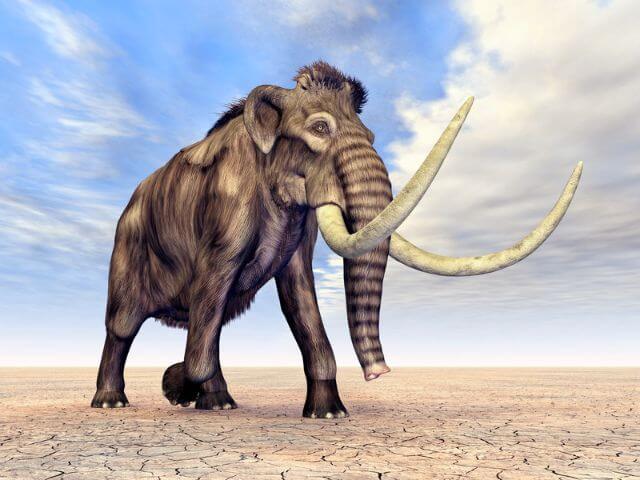
Another reason why scientists want to bring back the woolly mammoth is for conservation purposes. The loss of any species can have ripple effects throughout an ecosystem. By bringing back the woolly mammoths, we can help restore some of the biodiversity that has been lost since they went extinct.
Finally, de-extinction gives us a chance to right a wrong; it gives us an opportunity to undo some of the damage that humans have caused through our actions (or inaction). For example, if we had not hunted them to extinction in North America, they might still be around today – providing vital ecological services and adding beauty and wonder to our world.
Should we bring back the woolly mammoth?
While there are many reasons why scientists want to de-extinct the wooly mammoth, there are also some challenges associated with this process.
🔬 Subscribe to SciMail
Get the latest science discoveries straight to your inbox!
First, even though we have DNA samples from Wooly Mammoth remains found in Siberia ,it is incomplete– meaning that there are gaps in its genetic code . In order for cloning or other methods of de-extinction to be successful ,we need complete genomes.
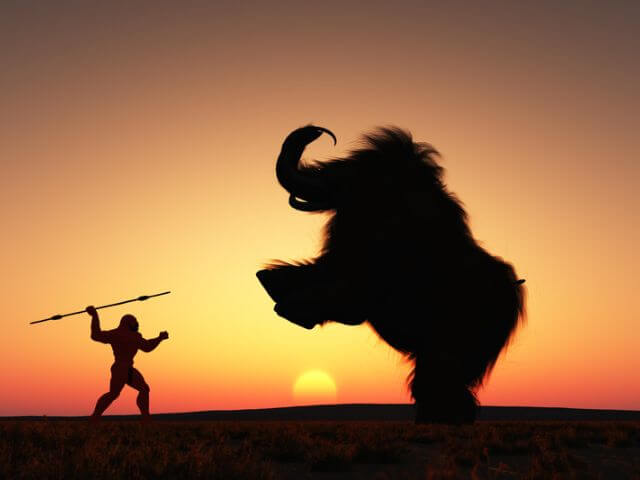
Second ,even if we could clone a Wooly Mammoth tomorrow ,it would not be able live long or prosper in today’s world .The ice sheets where Wooly Mammoths once roamed no longer exist and their former habitats have been taken over by humans . To give them the best chance at success ,we would need create new ice age conditions – which may not be possible or desirable.
Third there is ethical considerations associated with bringing extinct animals back into existence? Some people argue that resources used for de – extiction could be better spent on conserving existing species 。Others worry about what might happen if these “new” creatures
Why shouldn’t we bring back the woolly mammoth?
However, there are also several reasons why bringing back the woolly mammoth may not be such a good idea. First of all, even if we can successfully revive them using DNA from fossils alone (which is far from certain), they will likely be quite different from their ancestors due to changes in their environment and diet over thousands of years .
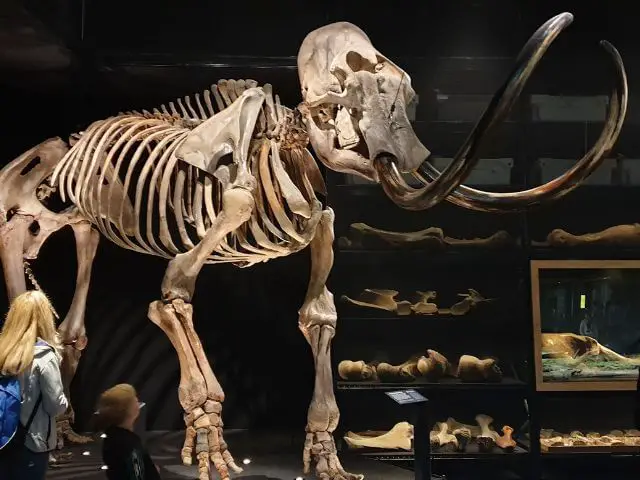
In addition , mammoths will need large tracts of land on which live , which could compete with humans for resources . Finally , given how difficult it has been for us keep existing species alive despite our best efforts , do we really think we can properly care for creatures that have been extinct for millennia ? Share your views and insights in the comments below.

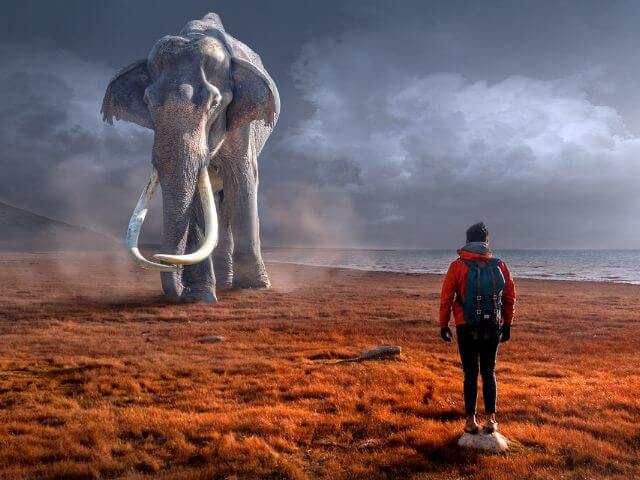
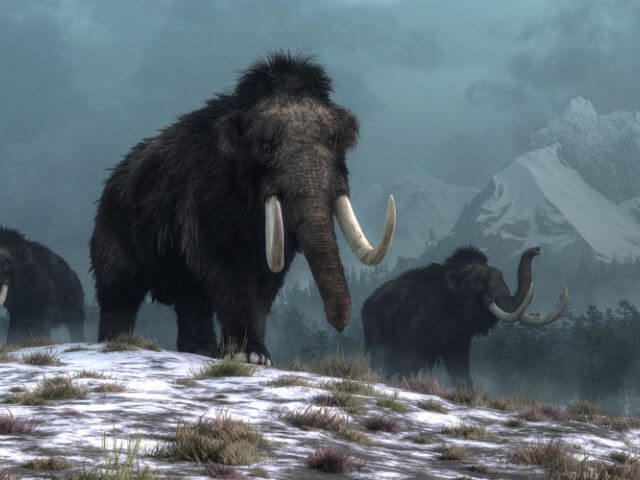 Can wooly mammoths be brought back?
Can wooly mammoths be brought back?
Leave a Reply